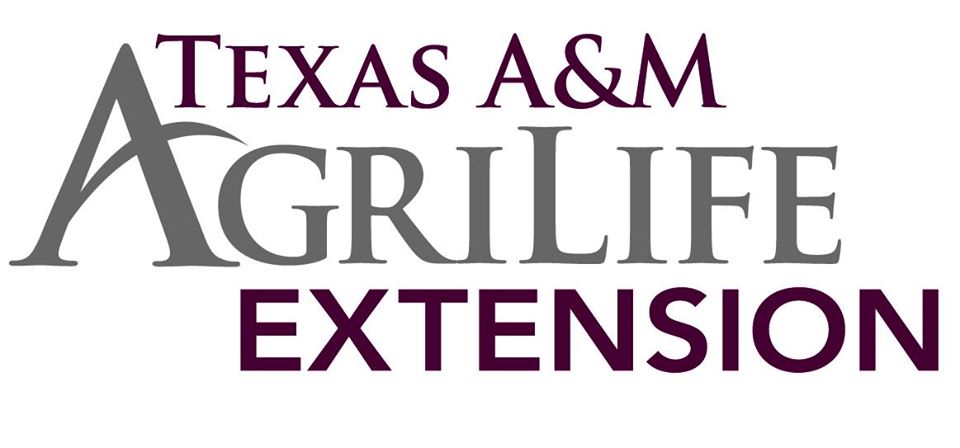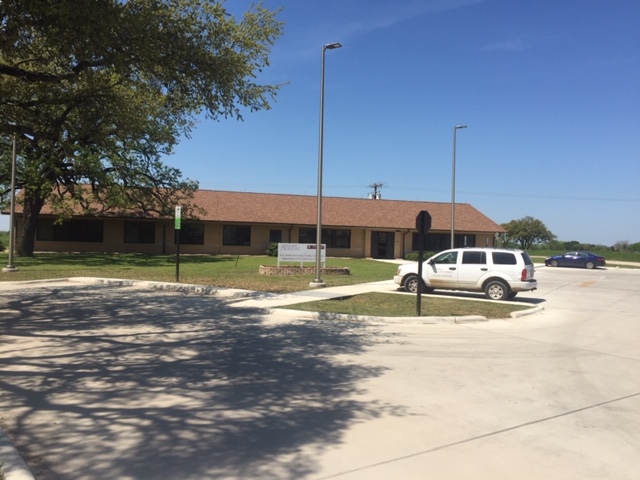By Dr. Mario Villarino, Texas A&M AgriLife Extension
According to Texas A&M Agrilife Extension forage specialist Vanessa Corriher, one of the first considerations when purchasing hay is that it should be based on individual animal requirements. For optimal production, forage quality should be matched as closely as possible to the nutritional needs of the animal. Low quality forage can result in reduced animal performance and increased supplemental feeding costs. Whereas, with hay of sufficient quality, little or no supplementation will be necessary to meet the animals’ nutritional needs.
Keep in mind that not all forage or hay is created equal. There is great variation between forages and nutrient content can vary dramatically even within a particular type of forage. Several factors influence hay quality, such as maturity (time of harvesting), forage species and variety, fertilization, temperature, leaf to stem ratio and weather at harvesting/baling.
Regardless whether you are buying hay or feeding with the hay you raised, it is a good idea to test the hay to determine what, if any, supplementation will be needed when the hay is fed. When collecting samples, a good practice is to sample approximately 10% of the bales from a particular cutting or load using a hay probe. Often times, a hay probe can be borrowed from your county Extension office. Samples should be taken from bales that would represent hay from the entire field. After taking samples from the bales, combine the samples and remove a portion to send off for analysis.
Crude protein content is the most common thing people think about when testing hay. While crude protein content is important, a good estimate of TDN (total digestible nutrients) is as important and, in many cases, more important than crude protein. There is a multitude of both commercial and university forage labs around the country.
The Texas A&M AgriLife Extension Service Soil, Water and Forage Testing Laboratory does offer forage analysis as a service out of College Station, Texas. For additional information on forage testing or available forage labs, contact your local beef cattle or livestock specialist or a ruminant nutritionist.
Now is the time to get a nutrient analysis of all available hay and forage. Sort your cattle based on their nutrient requirements. Properly match available forage and hay to the different groups of cattle and make sure their nutrient requirements are being met. Feeding cattle is never cheap but producers with information about what they are feeding can be more efficient.
To promote hay testing and support regional youth students, the Hopkins County Hay Show is currently requesting hay samples to enter into the 2021 Hay Show before October 8, 2021. Hay samples will be tested for TDN and protein for free as part of the contest process. Hay samples can be submitted at the Hopkins County USDA office. Winners will be announced October 21, 2021, at Hopkins County Regional Civic Center.
For more information on this or any other agricultural topic, please contact the Hopkins County Extension Office at 903-885-3443 or email me at [email protected].









